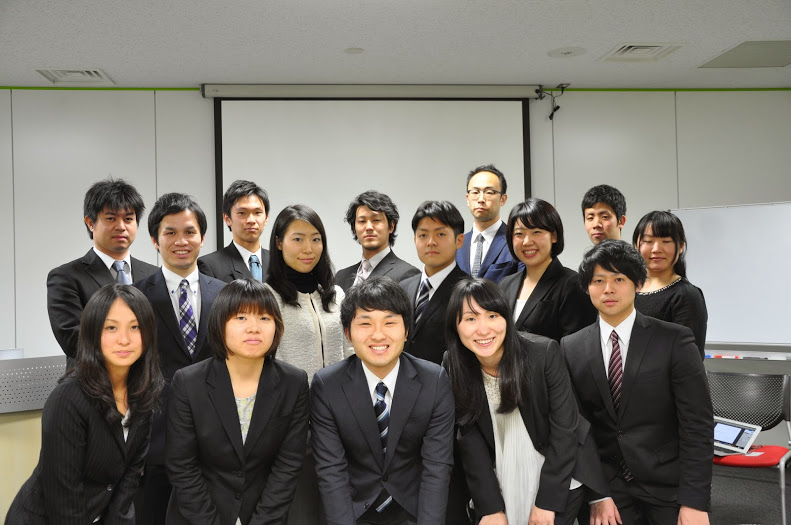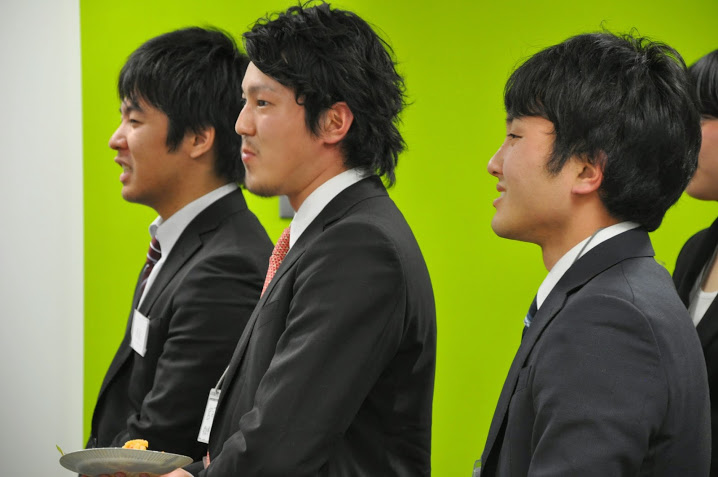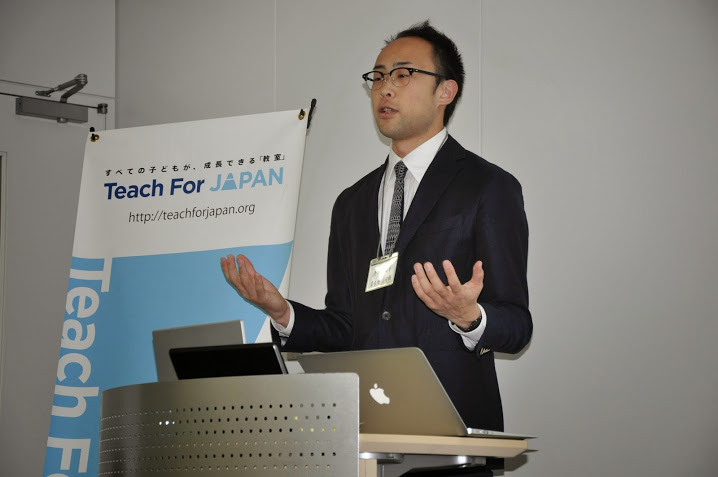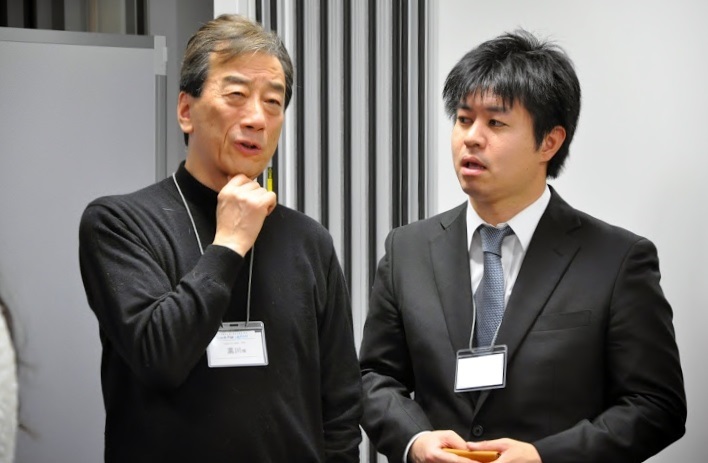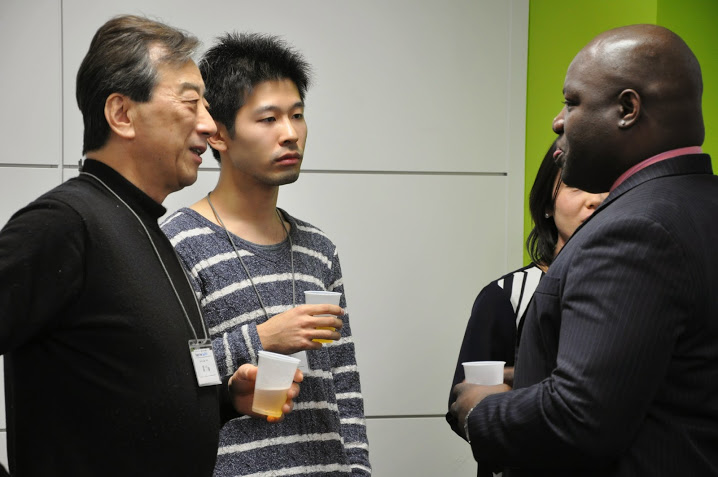Teach For Japan (in Japanese) is a program that allows highly motivated young individuals to teach and help students who are from less privileged social community. And through this groundbreaking program, these young teachers are able to impact society in a new way, to nurture young individuals and develop themselves into new leaders. Indeed, this program is able to accomplish so much from those who have gone through. Indeed, graduates fresh out of Ivy League colleges like Harvard and Yale are increasingly making the U.S version of this program their top choice.
Don’t you think that this is great? Mr. Yusuke Matsuda has been working hard to bring this program to Japan, as I have introduced here in my blog a number of times (1, 2).
In the face of problems and adversity over last years, an unexpected 15 students fresh out of graduate school or undergraduate programs, as well as people who previously had ordinary jobs, started working as members of TFJ in places like Tokyo, Nara, and Osaka. They would be teaching at elementary and junior high level schools in localities where there is a need to overcome the obstacles posed by an underprivileged social standing.
This evening, I was participating in the send-off party for these new participants. The strongest impression I had was that both those being sent off and the ones doing the sending off are very passionate and highly motivated.
In the short speeches each of the new teachers made, there was talk of various backgrounds, of motivations for joining the TFJ program, of the trials faced in the three-week preparatory course, and of the fervent wish to help the children who needed their services.
It was a very moving and inspiring two hours. Among the participants, there were people who, after working in Tohoku in disaster relief operations as well as in NGOs, felt that education was the way forward and therefore had decided to step up to the challenge of the TFJ program. There was also a student who started thinking about the problems facing Japanese society after witnessing the social problems of South Korea during time spent studying there, as well as people who, after working for a few years, recognised problems that they felt needed to be addressed.
I strongly believe that it is the continued efforts of young people like these that will fundamentally change Japanese society, and although still in its nascent stages, it will act as a nucleus for bigger things to come.
I would really like to ask each one of you , my readers, to do whatever you can in order to help.
